The Brazil Climate Center (CBC) is a center for reflection and action (think-and-do tank), knowledge dissemination, elaboration of strategic actions, and engagement of society to combat the effects of climate change..
About
Who We Are
Strictly non-partisan, the CBC acts to influence Brazilian politics and power structures. It develops proposals, projects, strategies and actions, especially through articulation and political incidence at the subnational level and dialogue at the international level, in order to enable the transition to a carbon-neutral economy, through the full implementation of the Paris Agreement and, more specifically, of the Brazilian Nationally Determined Contribution (NDC). In its track record, it has been helping to set sectoral and regional NDC targets, raising its ambitions, building a long-term strategy with the goal of zero net greenhouse gas emissions by the middle of the 21st century, and designing robust adaptation actions at different levels.
Assessment, analysis of relevant data and information, articulation among multiple stakeholders, and dialogue in different national and international spheres are among CBC’s strategic capabilities, contributing to a unique contribution that combines reflection and action, theory and practice.
Lines of action
View
To be an international inspiration for generating knowledge, promoting dialogue, and engaging decision makers in tackling climate change.
Mission
Promote knowledge and engagement to decarbonize the economy, address the climate emergency, and promote climate justice.
Values
Excellence | Commitment Commitment | to Excellence Transparency | Social and Environmental Justice | | Sustainability | Diversity Non-Partisan
History
The Brazil Center on Climate (CBC) was founded in 2015 under the leadership of Alfredo Sirkis. Since then, it has been working intensively on the production of knowledge about climate change and on the incidence on public policies that can provide adaptation and mitigation, besides causing a positive impact for the populations most affected by the climate crisis. Check out a little more of our history and the main milestones of our performance, which includes events, launching of studies and books, and participation in international conferences that define the directions of the fight for climate change on the planet.
Alfredo Sirkis
Alfredo Sirkis (1951-2020) was one of Brazil’s leading environmentalists and thinkers, with a long and successful career that ranged from politics to the third sector, to literature and journalism. He was one of the pioneers and protagonists of the environmental struggle in Brazil, standing out as one of the staunchest defenders of the decarbonization of the economy, already foreseeing that this would be the great challenge for humanity in the 21st century.
He manifested his activism early on: he was a student leader as a teenager and participated in the armed resistance against the Brazilian military dictatorship, which led him into exile for more than eight years. In politics, he was one of the founders of Green PartyHe was a four-term councilman, municipal secretary of urbanism, and president of the Instituto Municipal de Urbanismo Pereira Passos (IPP) from 2001 to 2006, in addition to being the creator of the Municipal Secretary of Environment in the city of Rio de Janeiro, also being its first holder, from 1993 to 1996. He was elected federal deputy in the 2011-2015 term, during which time he chaired the Mixed Committee on Climate Change of the National Congress and was one of the vice-presidents of the Committee on Foreign Relations and National Defense of the House of Representatives.
His protagonism in the discussions about climate led him to be a member of the Brazilian delegation in the climate conferences of Montreal, Bali, Copenhagen, Durban, Warsaw, Lima, Paris, Marrakech, and Bonn. From 2016 to 2019 he was the Executive Coordinator of the Brazilian Climate Change Forum, during which time he organized the campaign
Ratify Now!
which achieved the ratification of the Paris Agreement in record time by the Brazilian government.
An intellectual recognized for his transitions through diverse themes, he is the author of nine books. The work “Os Carbonários” (1980) received the Jabuti Award in 1981. His most recent work, “Decarbonaries” was released in 2020, with autobiographical features and as an unfolding of the work of 40 years before. He was a contributor to the newspapers O Globo, Folha de S. Paulo, O Estado de S. Paulo, Valor Econômico, and Correio Brasiliense, besides having worked in the press in France, Portugal, and Chile.
He founded the Centro Brasil no Clima in 2015, staying at the head of the
think tank
until his death in July 2020.
Directors
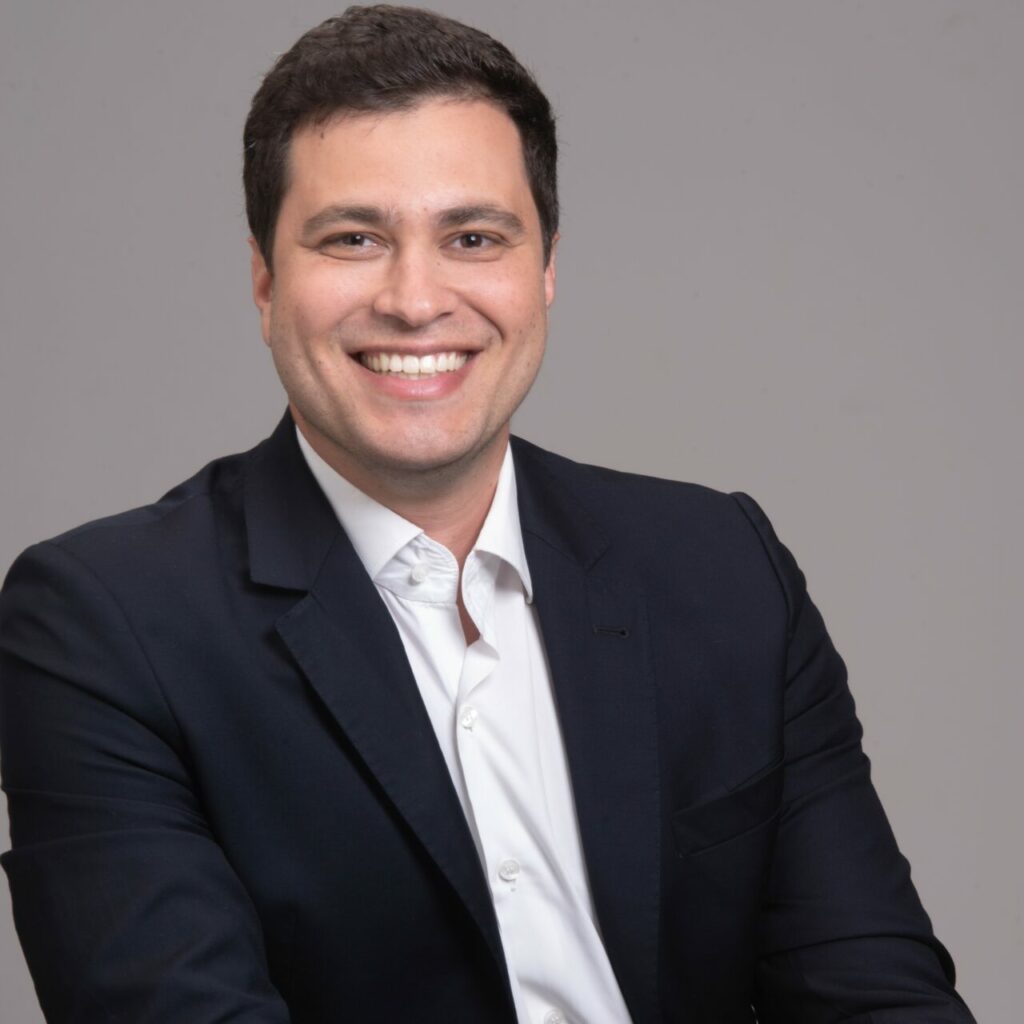
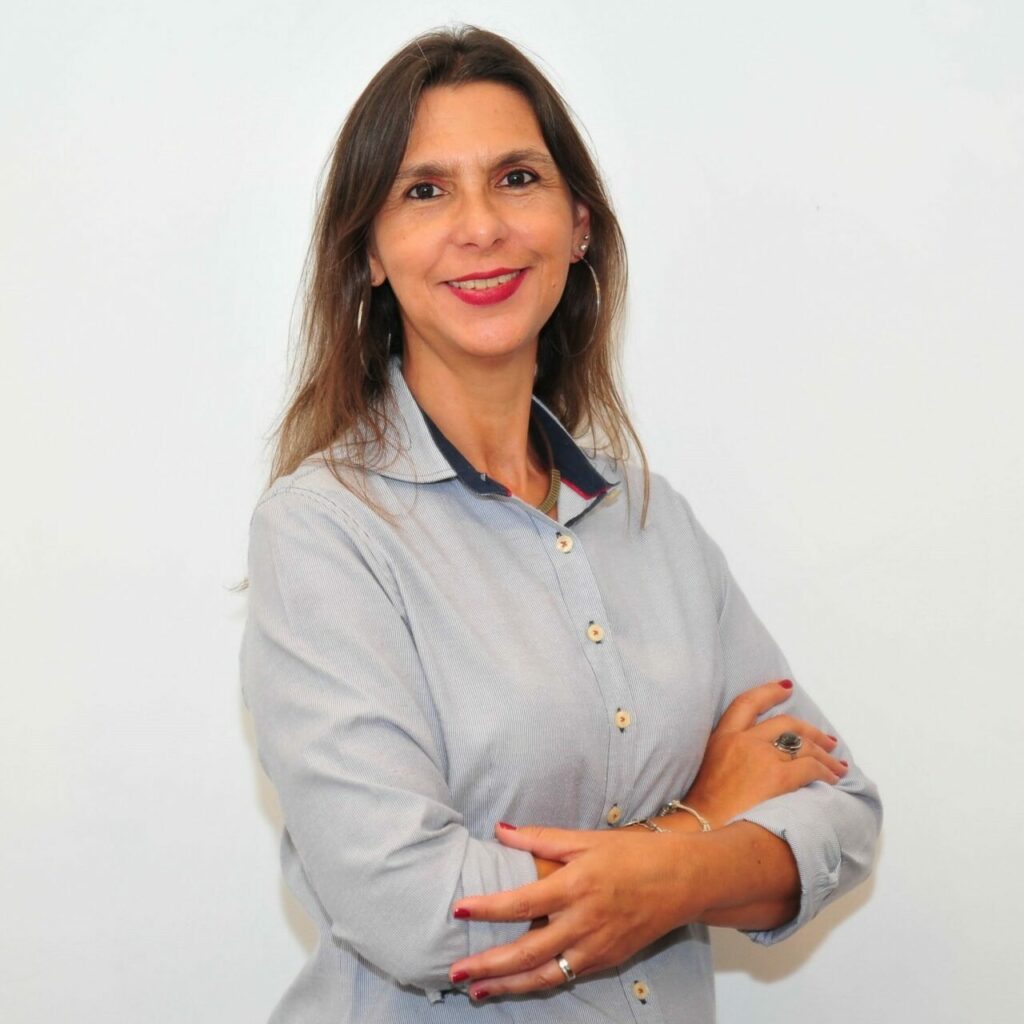
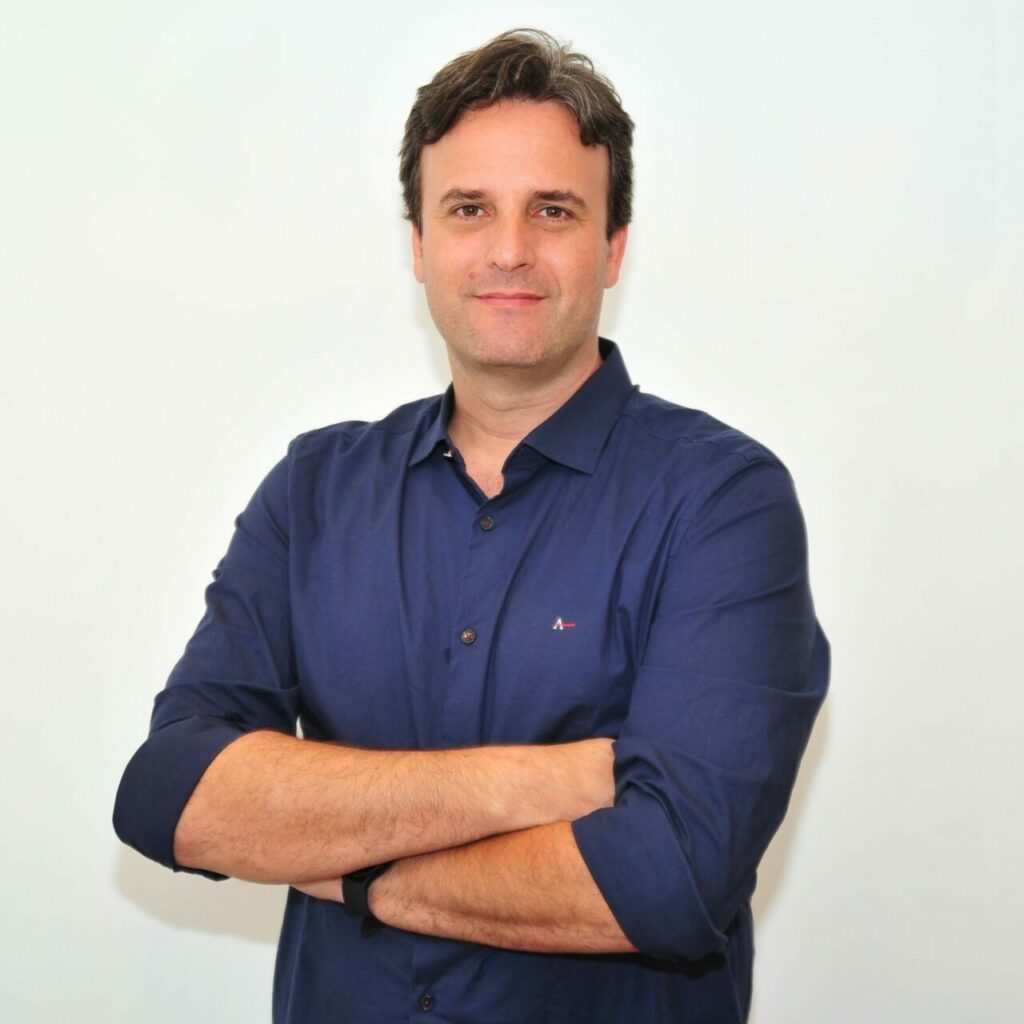

Special Advisors

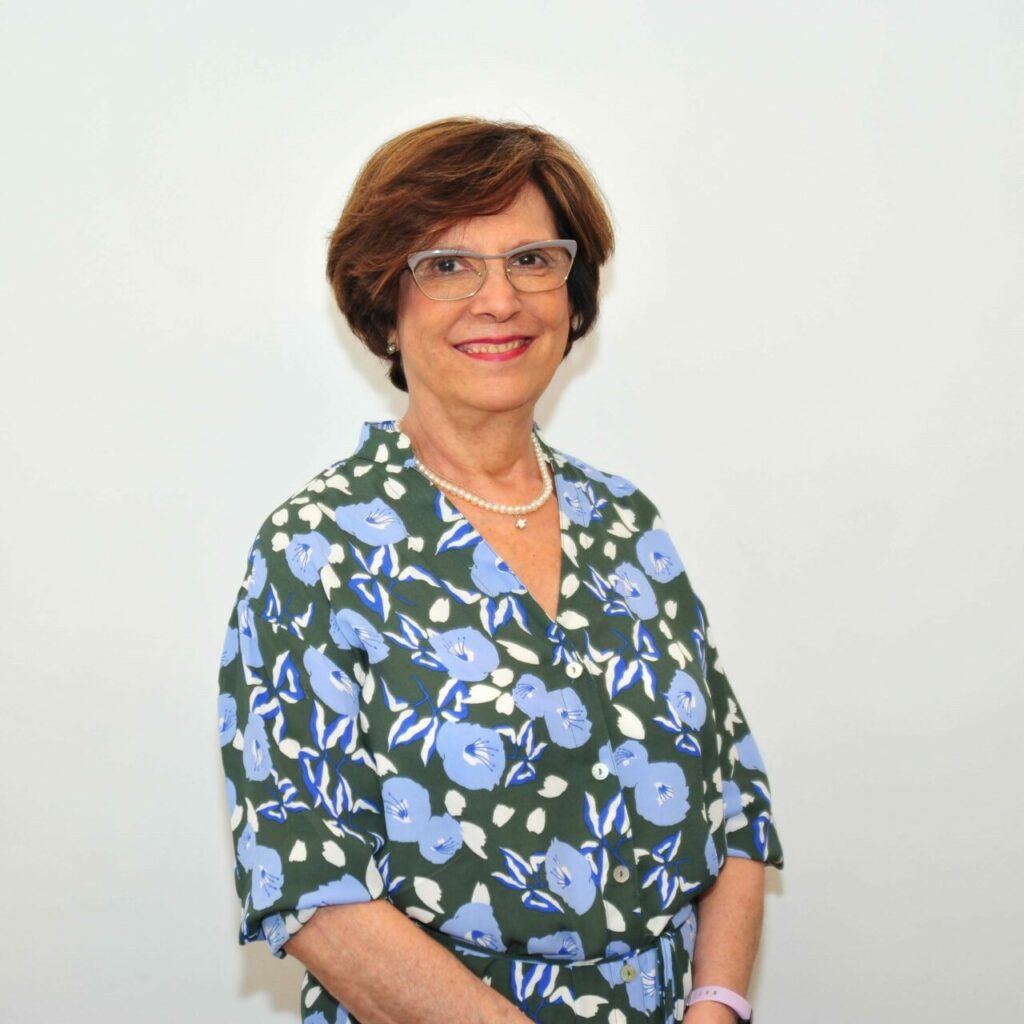
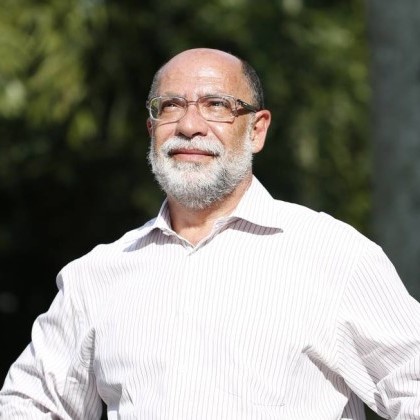
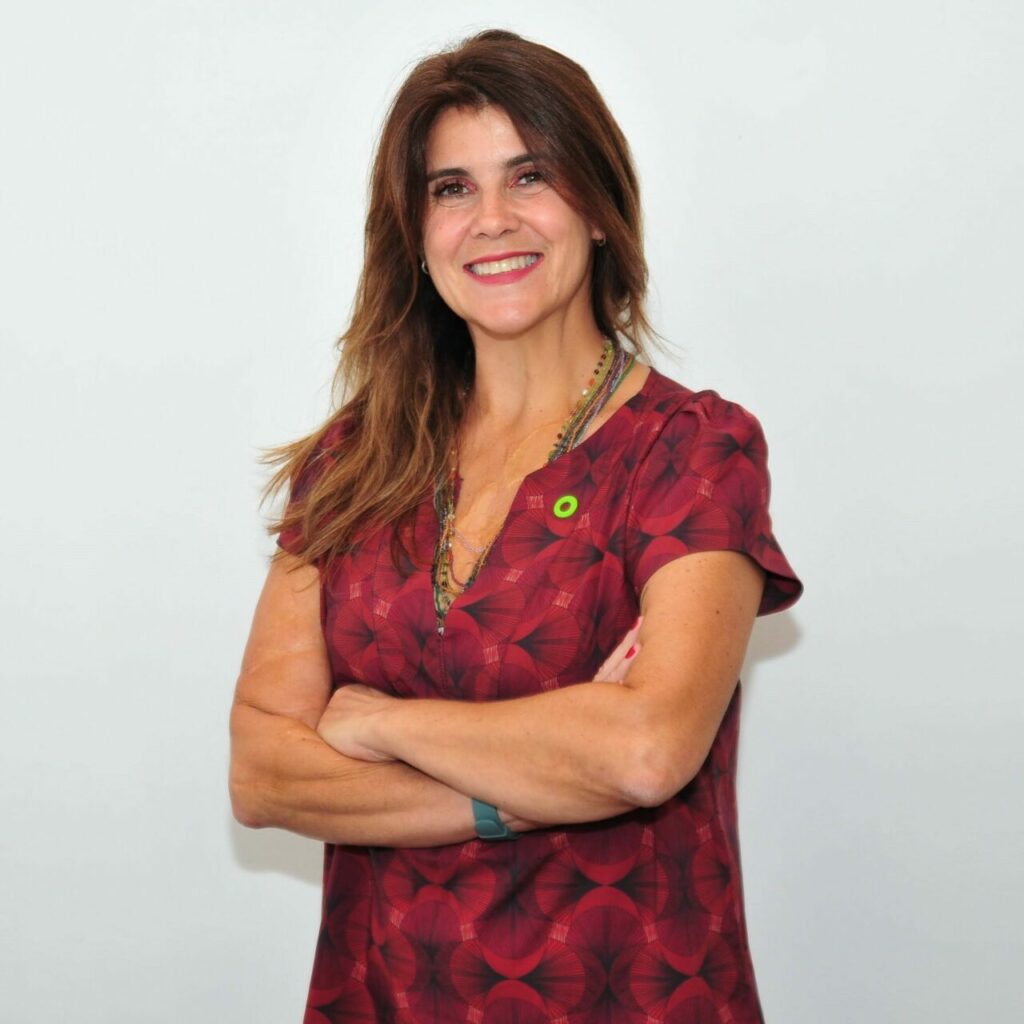
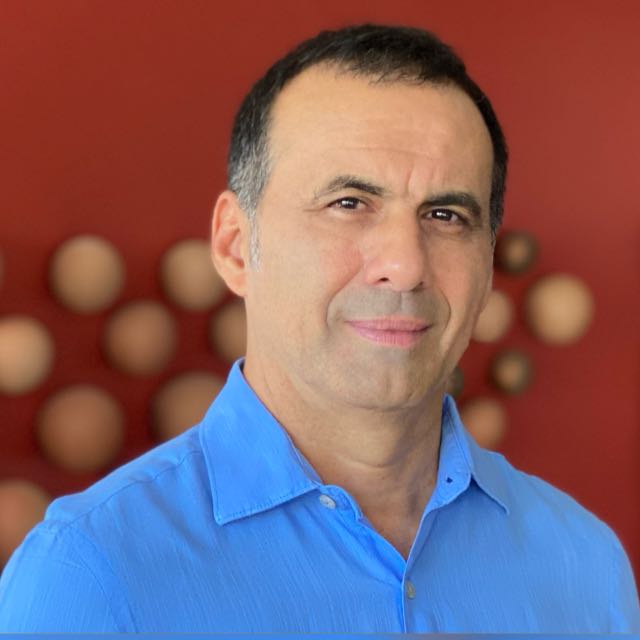
Board
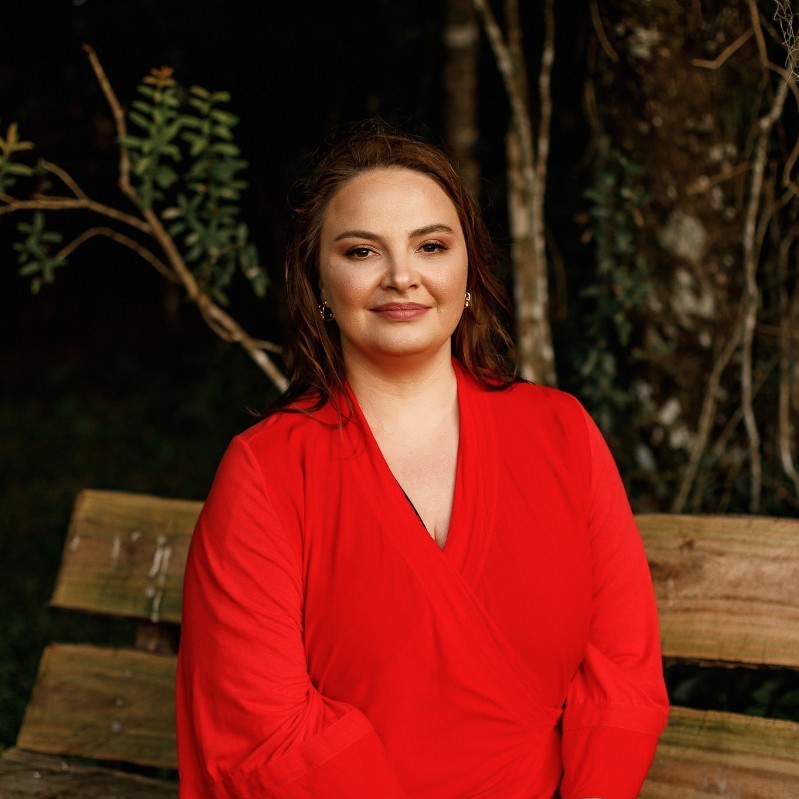
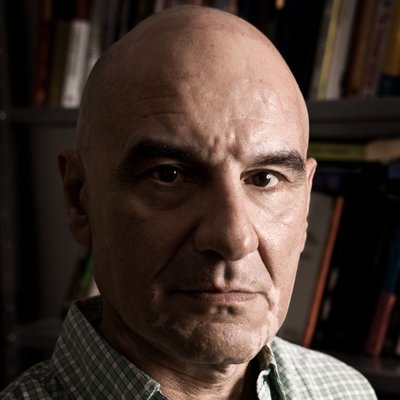
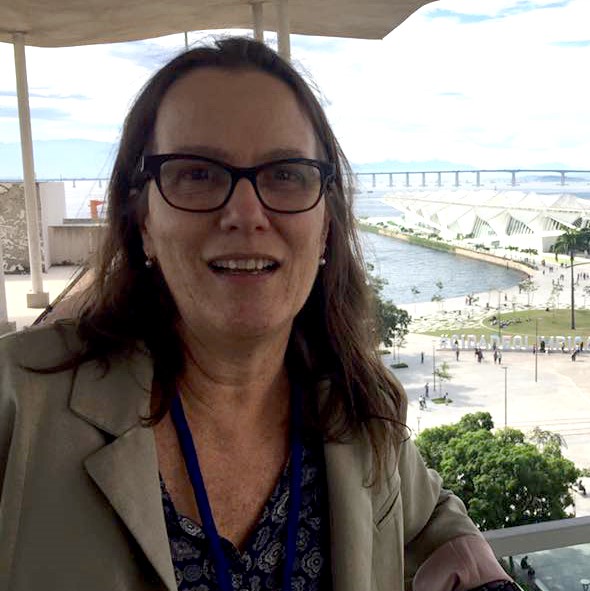
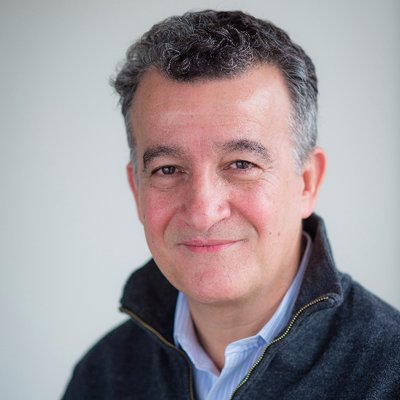
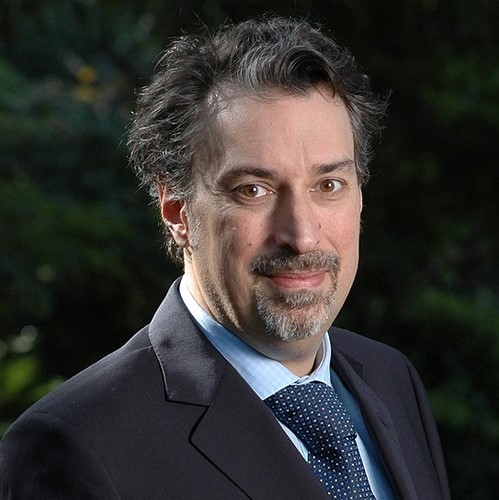
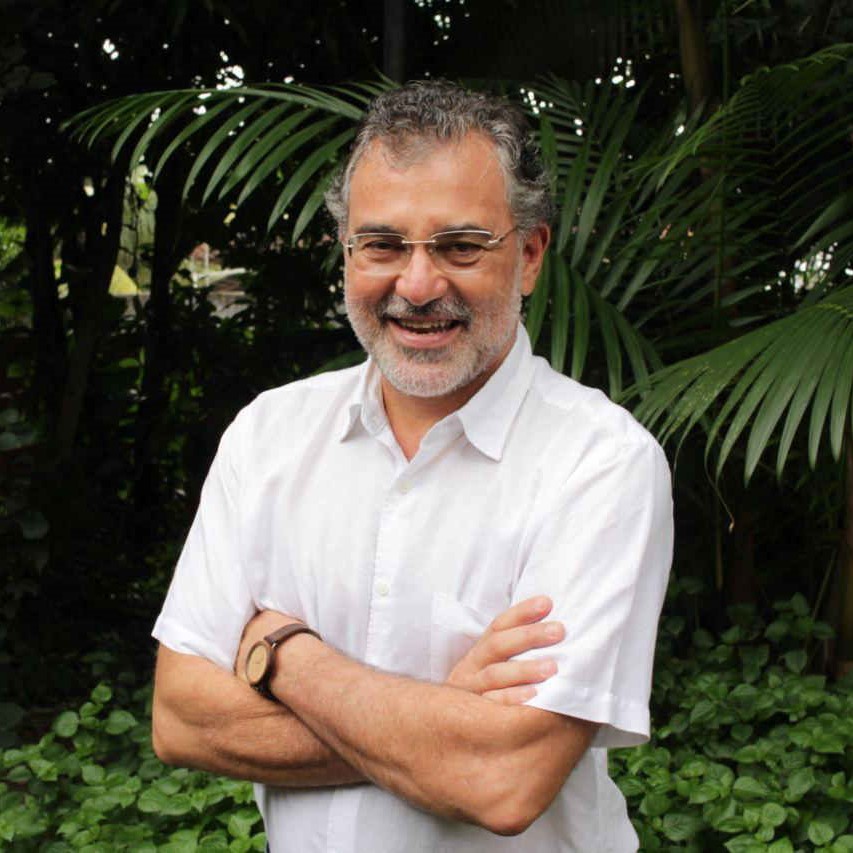
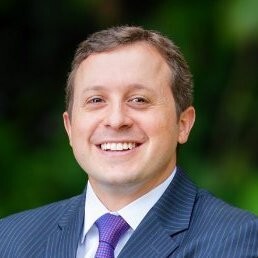
Fiscal Council
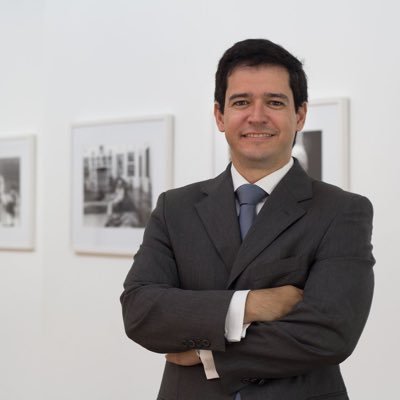
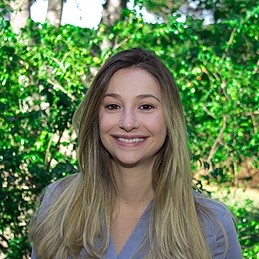
Consultants

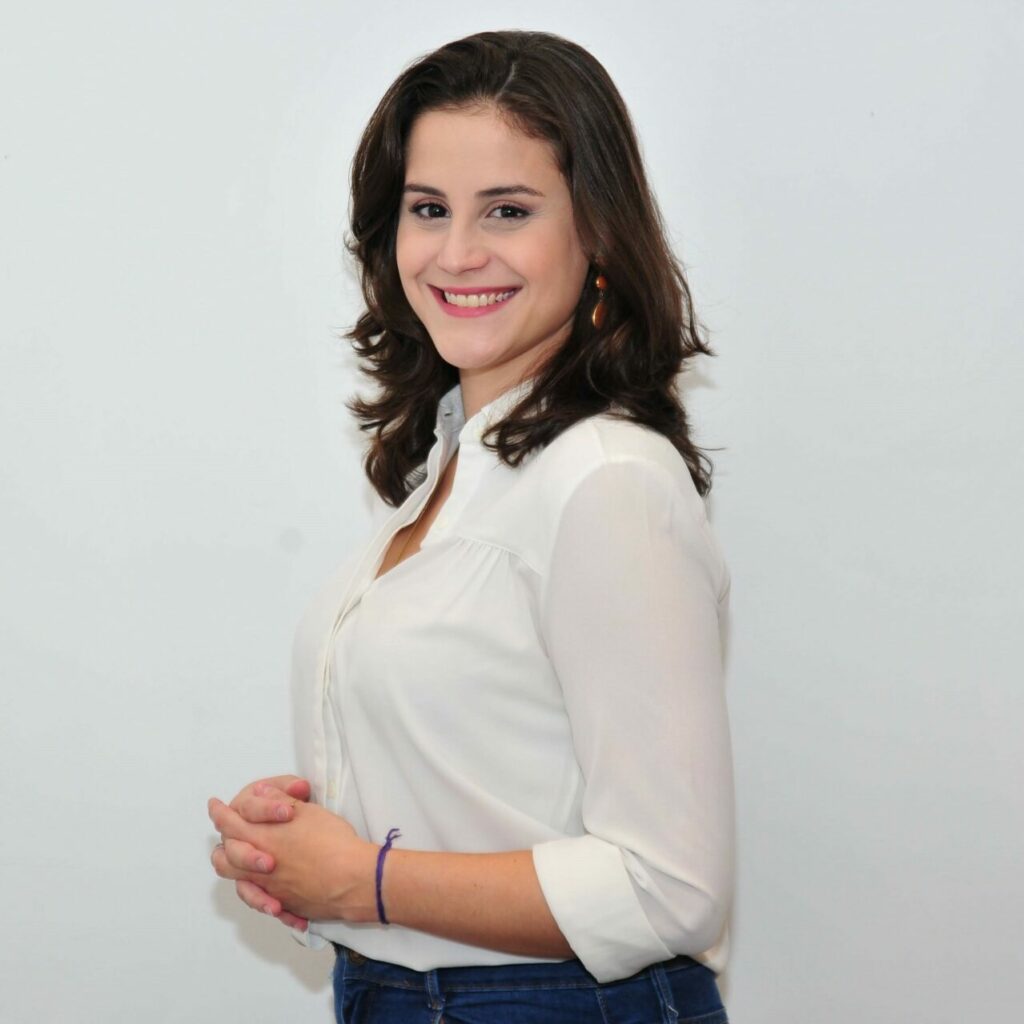

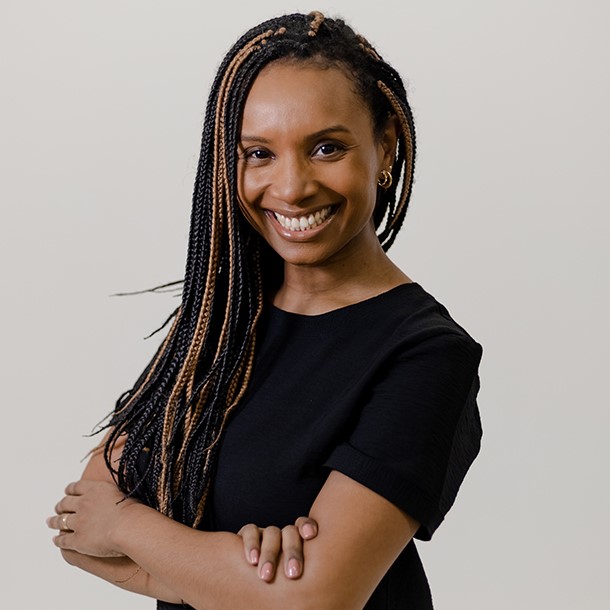


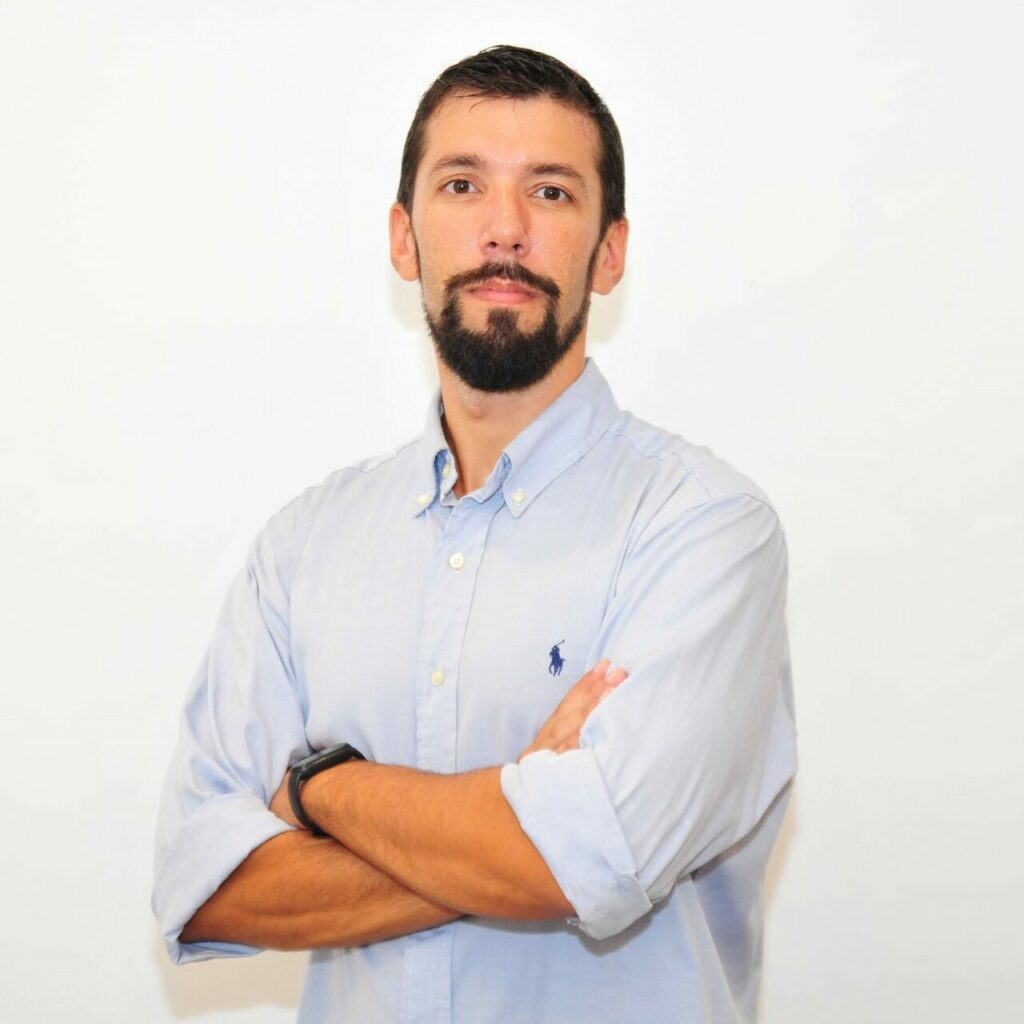
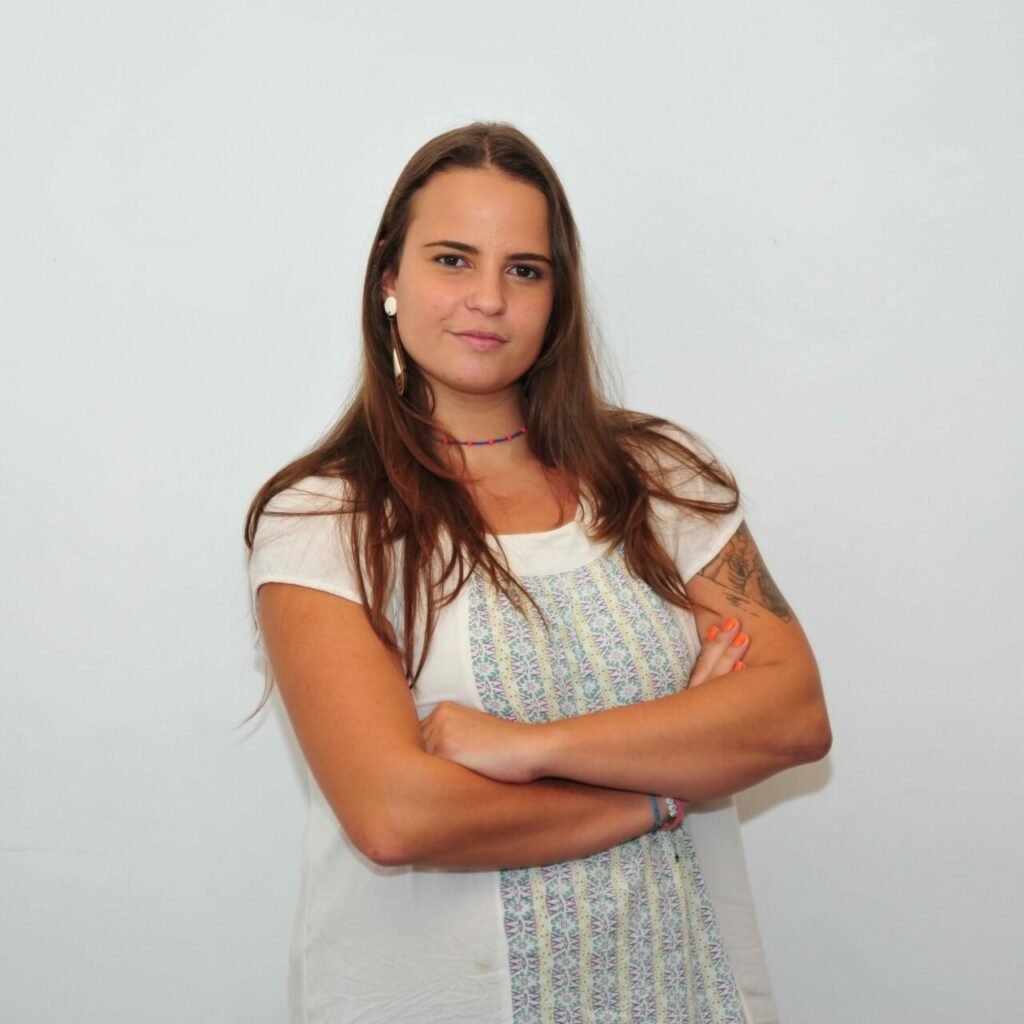
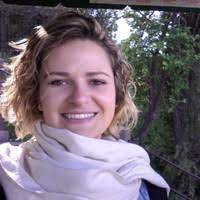

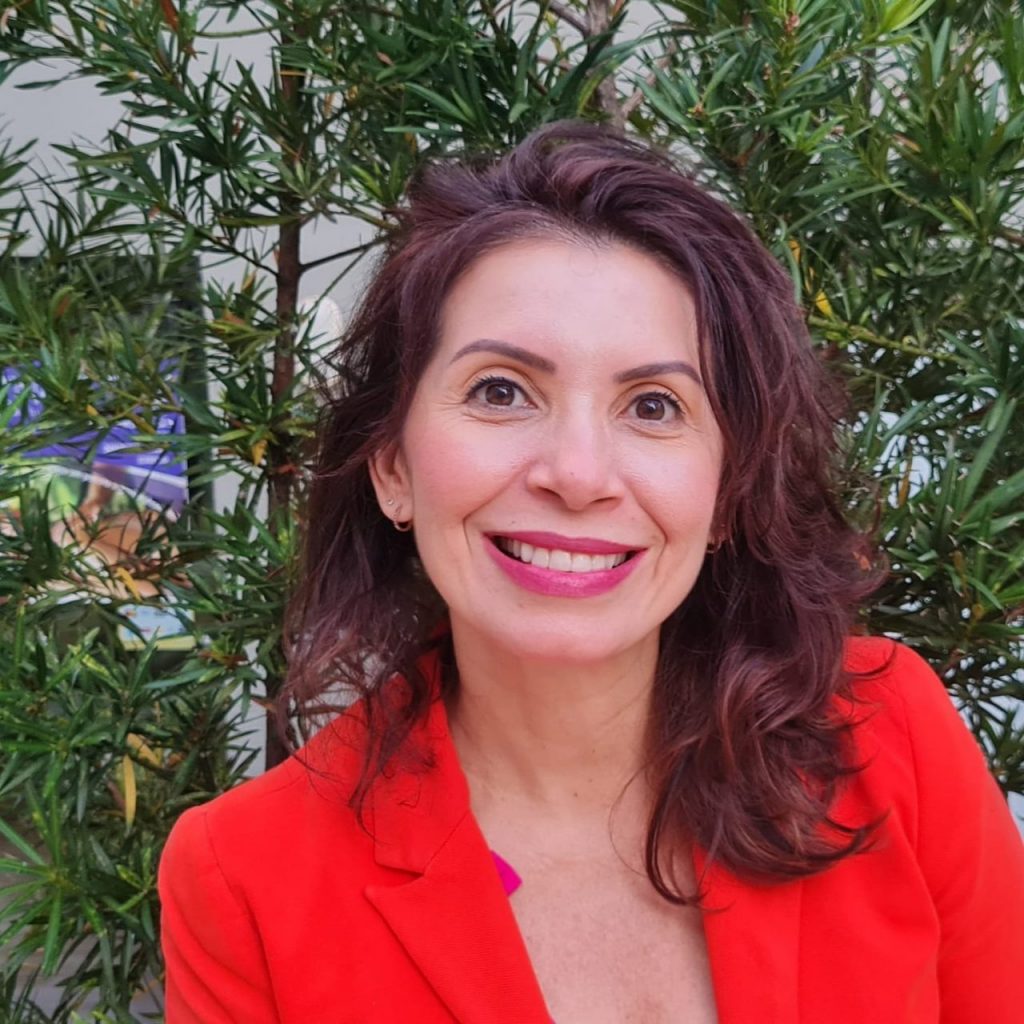
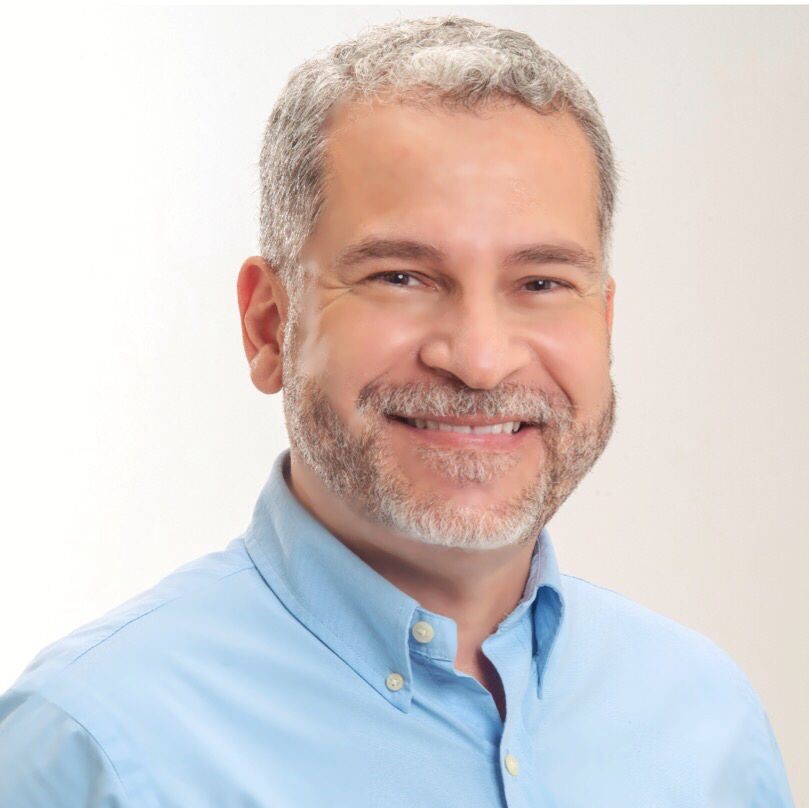
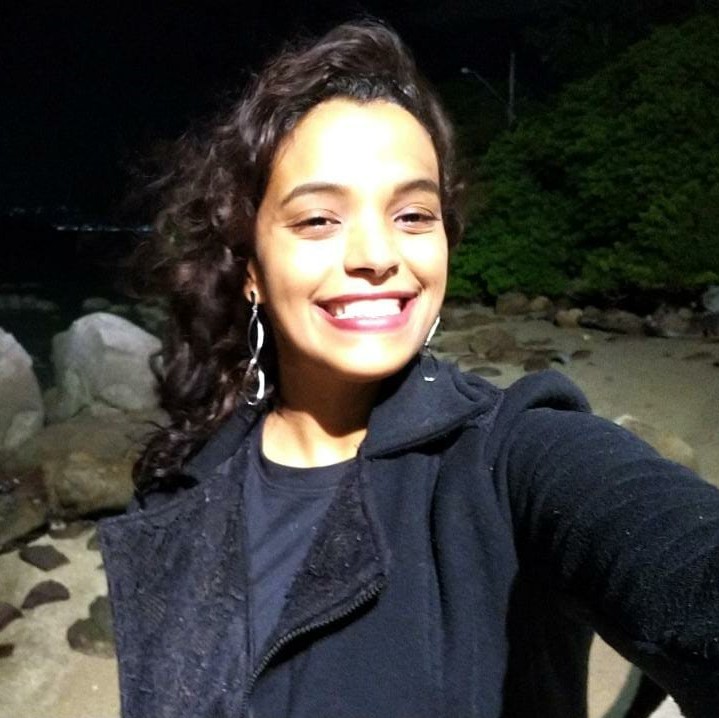
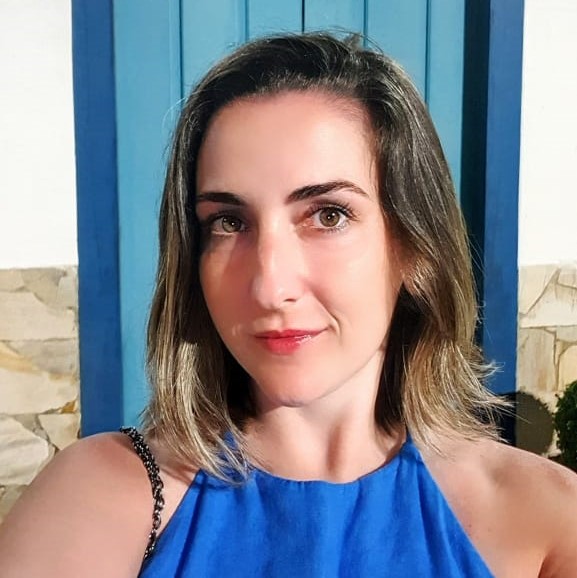
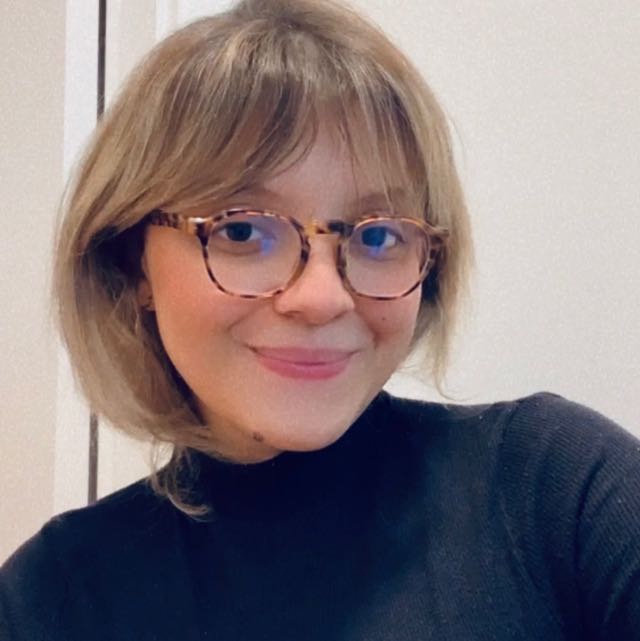
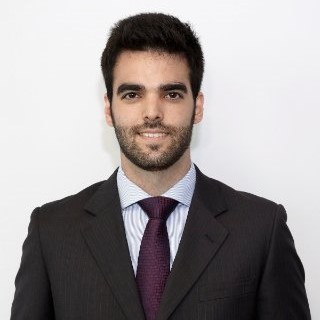
Members
- Alfredo Helio Syrkis
- Ana Amélia Campos Toni
- André Lemos de Abreu
- André Luiz Esteves
- Andrea Margit
- Andrea Souza Santos
- Aspasia Brasileiro Alcântara de Camargo
- White American
- Carlos Eduardo Rittl
- Eduardo Alexandre da Silva Almeida
- Eduardo José Viola
- Emilio Lèbre La Rovere
- Fabio José Feldmann
- Guilherme Syrkis
- Israel Klabin
- José Sarney Filho
- Luiz Augusto Nóbrega Barroso
- Márcia Bandeira da Silva
- Maurício de Moura Costa
- Natalie Unterstell
- Olga Martins Wehb
- Oswaldo dos Santos Lucon
- Pedro Moura Costa
- Rafael Kelman
- Renata Moraes
- Roberto Schaeffer
- Roberto Smeraldi
- Robert Zsolt Let Kazinczy Smeraldi
- Rodrigo Amorim Gonçalves Rosa
- Sérgio Besserman Vianna
- Sergio Luis de Carvalho Xavier
- Simone Siag Oigman-Pszczol
- Suzana Kahn Ribeiro Rezende de Azevedo
- Tasso Resende de Azevedo
- Tatiana Martins Wehb
- Virgílio Maurício Viana
- William Wills
Networks and Forums
The participation in forums, networks, and councils has been ensuring CBC the possibility of reverberating strategic issues to different actors and stakeholders, while allowing it to join forces with other organizations that also act to halt climate change.

